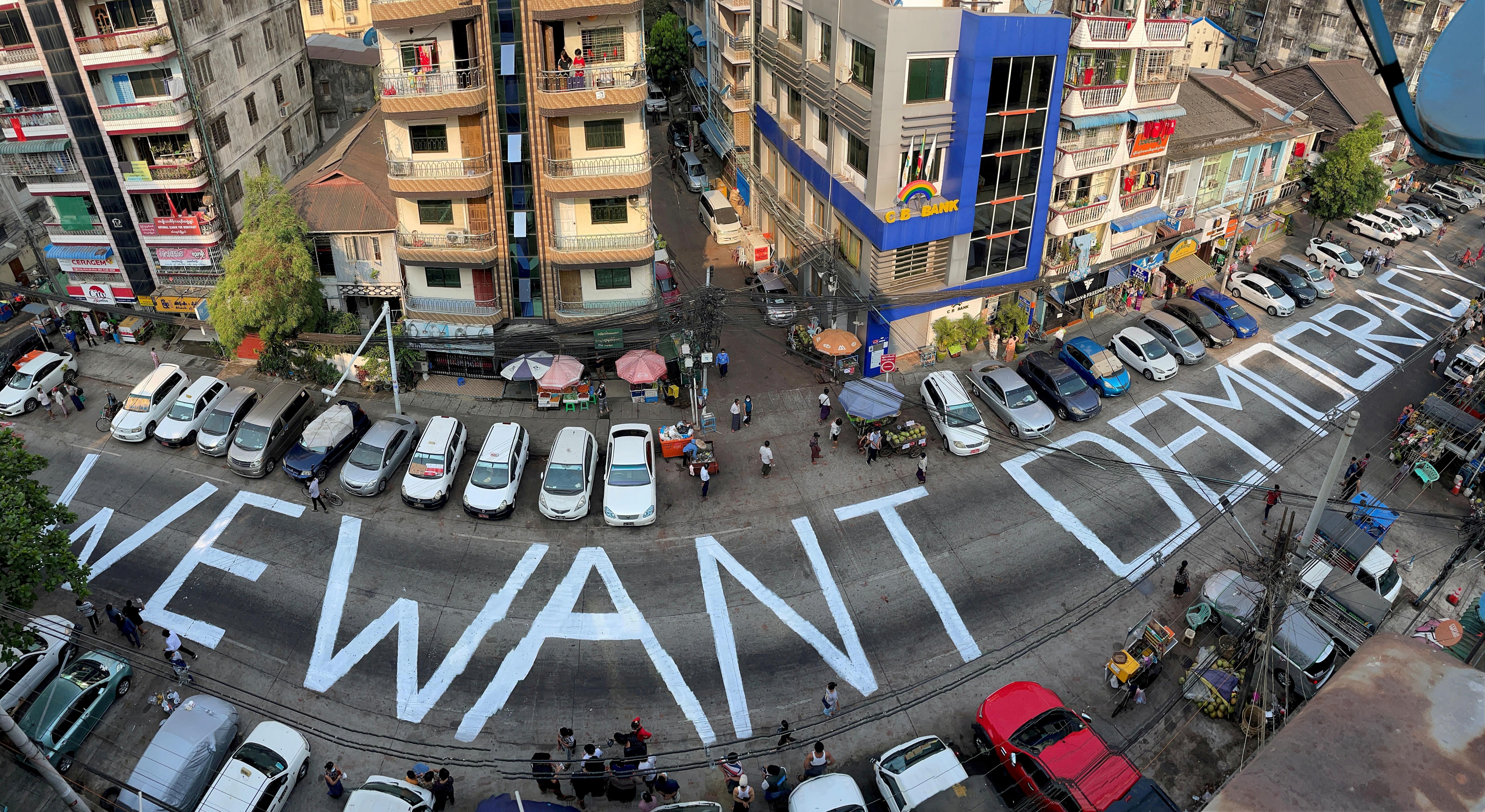Hard Numbers: Amnesty in Myanmar, US to compensate slain Afghans' families, Venezuela and Iran are BFFs, Syria's new constitution
5,600: Myanmar's military junta will release from prison 5,600 people who were jailed for protesting against last February's coup. The gesture, the biggest act of amnesty since the junta took power, comes just days after the Association of Southeast Asian Nations, which rarely interferes in members' internal affairs, said it would exclude the head of Myanmar's military from an upcoming regional meeting.
10: The US Department of Defense says it will compensate 10 Afghans whose relatives – including kids – were mistakenly killed in a US drone strike in August. It's unclear how much the US military is willing to cough up, but for context, similar payments in 2019 for civilians killed and property destroyed in Afghanistan and Iraq ranged from $131 to $35,000.
20: The governments of Venezuela and Iran will sign a 20-year cooperation accord to strengthen bilateral relations and help them fend off "US intervention." Caracas and Tehran have deepened economic ties in recent years, in part through oil and fuel swaps that violate US sanctions.
45: Around 45 Syrian government officials, opposition members, and civil society representatives are meeting in Geneva this week to draft provisions of a new national constitution. The collaboration brokered by the United Nations is further proof that Syrian dictator Bashar al-Assad is gaining more international legitimacy despite his role in a brutal civil war that has killed more than 350,000 people.
